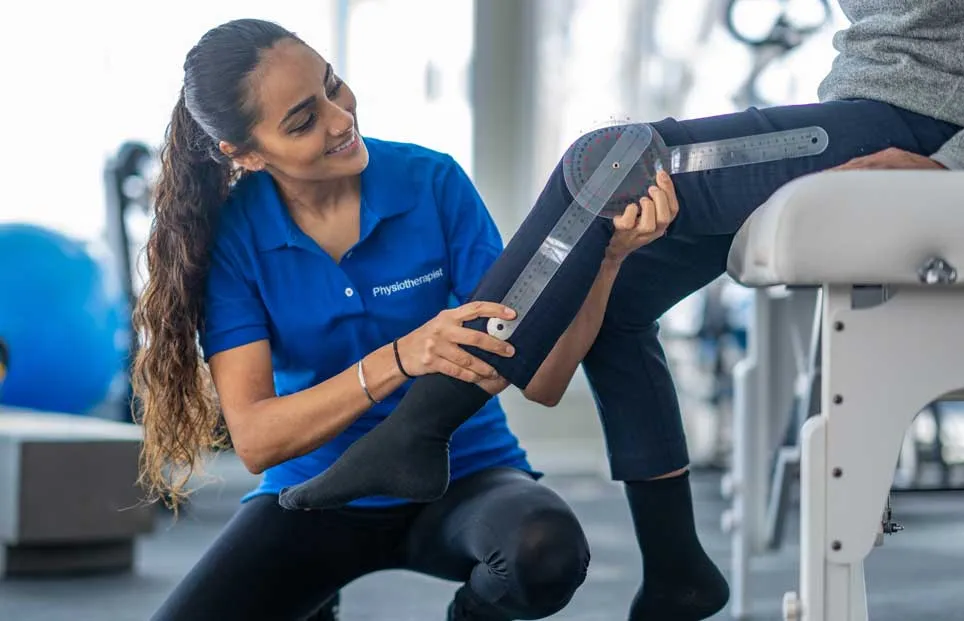Empowering Rehabilitation Through Physiotherapeutic Therapy After Operation
Empowering Rehabilitation Through Physiotherapeutic Therapy After Operation
Blog Article
Recovering from an operation can be a difficult process, but rehabilitation therapy plays a vital role in assisting individuals regain their power and movement. After surgery, the body needs time to recover, and physical therapy provides a systematic approach to healing. This method not only focuses on physical rehabilitation but also highlights the significance of emotional well-being. By engaging in rehabilitation, patients can empower themselves to manage of their recovery and improve their overall quality of life.
Rehabilitation after an operation typically starts with an evaluation by a certified physical therapist. This professional assesses the patient's status, including their range of motion, strength, and pain levels. Based on this assessment, a customized treatment plan is created. This plan may consist of workouts to enhance flexibility, muscle-building to restore muscle, and methods to improve balance and stability. The therapist will lead the patient through these workouts, making sure they are performed safely and effectively. This tailored approach helps patients progress at their own pace while addressing their specific needs.
One of the key advantages of physical therapy is discomfort management. After surgery, many patients feel pain or discomfort, which can hinder their ability to function and participate in daily tasks. Physical therapists use various techniques, such as manual therapy, treatments like heat or ice, and targeted workouts, to help reduce pain. By managing pain effectively, patients can participate more fully in their recovery workouts, leading to quicker recovery. Additionally, understanding how to control pain can empower patients to assume an active role in their healing process.
Another crucial aspect of physical therapy is education. Patients are informed about their condition, the recovery process, and the significance of adhering to their rehabilitation program. This knowledge helps patients comprehend what to anticipate during healing and the role they play in their own healing. Physical therapists also offer guidance on how to adjust daily tasks to avoid further injury and encourage healing. This educational component fosters a sense of self-sufficiency and assurance, allowing patients to feel more in control of their recovery journey.
In summary, rehabilitation is an essential component of recovery after an operation. It not only assists in physical rehabilitation but also supports emotional and psychological well-being. Through customized treatment plans, pain management techniques, and informative support, rehabilitation empowers patients to take charge of their healing. By actively participating in their recovery, individuals can recover their strength, improve their movement, and improve their overall quality of life. Accepting see post physical therapy after surgery can lead to a successful and rewarding recovery experience.